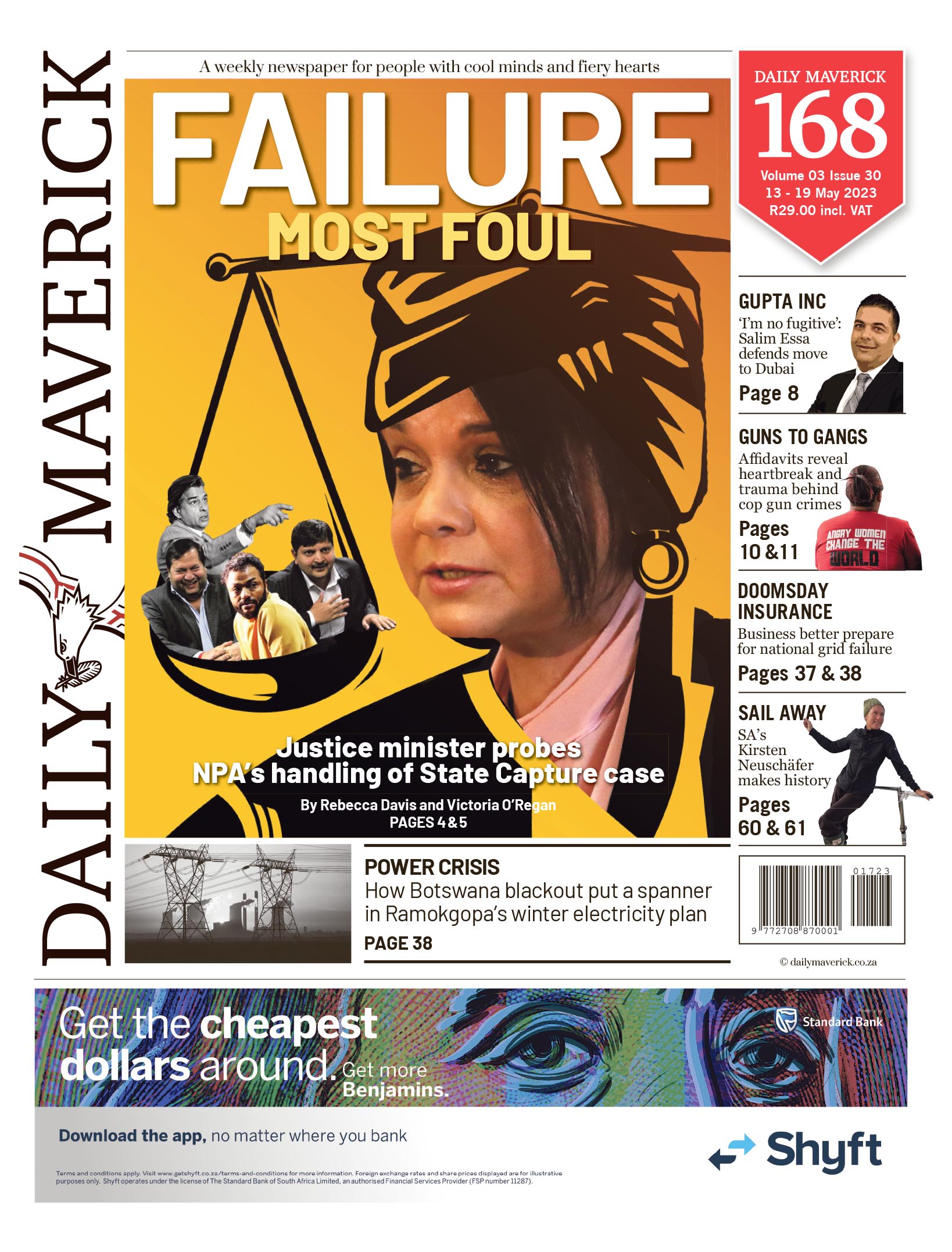Limpopo is set to spend R55-million to pamper traditional leaders and chiefs with shiny new wheels.
Traditional leaders, like municipal councillors, already draw a monthly salary and benefits from the state.
From 1 April 2022, kings and queens would earn an annual package of R1,325,646, according to new regulations issued in the Government Gazette in April 2022 under the Independent Commission for the Remuneration of Public Office Bearers for the 2022/23 financial year.
Provincial traditional leaders were given an annual package of R1,219,599.
Senior traditional leaders got R289,675 and headmen and headwomen were awarded R124,467.
This is in contrast to executive mayors and mayors who earn R1,462,624 and municipal councillors who get R655,539 a year. The President earns R3,196,563.
The announcement of the car buying by Limpopo comes at a time when there is growing public questioning of the role of traditional leaders, especially given that their areas are also under the rule of local government mayors and councillors, who are also paid by the state.
At the opening of the provincial House of Traditional Leaders in Moletjie recently, Limpopo premier Chupu Mathabatha reiterated the government’s support for magoši (chiefs). Limpopo is 85% rural and most of the land falls under the authority of traditional leaders. However, although traditional leaders are paid by the taxpayer, development and governance services are footed by the state through the taxpayer.
“As the Limpopo provincial government, we believe that traditional leaders are an integral part of our governance institutions. Therefore, to put concrete expression to this fact, we recommit ourselves to ensure that traditional leaders are fully involved in municipal councils, and we will continue to provide systematic support to them during ceremonies and bereavements,” he said.
“Similarly, we have since made a commitment to provide motor vehicles for senior traditional leaders. We are pleased to report that the process to purchase those motor vehicles in this current financial year, 2023/24, is well under way. Those motor vehicles will enable traditional leaders to carry out their work as they lead our communities,” Mathabatha said.
Basikopo Makamu, the province’s MEC for the Department of Cooperative Governance, Human Settlements and Traditional Affairs, said the province would buy 100 vehicles for magoši at a cost of R55-million.
Read more in Daily Maverick: Traditional and Khoi-San Leadership Act that ‘recreates the Bantustans’ heads to ConCourt
He said another 100 vehicles would be procured in 2024/25. The new wheels are to be rolled out to the royal leaders at the end of this month.
Traditional leaders have welcomed the move, saying it will help them to address challenges that include travelling long distances to community meetings.
Critics of the vehicle purchase say it is a ploy to win favour with traditional leaders and that it represents a waste of public funds that could be better spent on social services and development projects.
They argue that traditional leaders are already well compensated for their work, and that there are more pressing needs in rural communities, such as access to healthcare, ending gender-based violence and the lack of quality education.
DA spokesperson Katlego Suzan Phala said it was disappointing that the premier did not touch on the issue of stock theft, which affects the province’s rural farmers and communities.
“The premier is still talking of plans of meetings of the structure of the traditional leadership.
“So one wonders what the premier has been doing in all his meetings with traditional leaders, if he is starting those talks now at the end of this sixth legislature,” Phala said.
Mathabatha was disappointed with the looming court battle challenging the legitimacy of the Traditional and Khoi-San Leadership Act (TKLA) by the Legal Resources Centre.
“Using a more clearer lens, this legal action seeks to erode the institution of traditional leadership if not challenged. We are monitoring the matter,” he said.
The act seeks to recognise the Khoi and San people as indigenous communities with their own languages, customs and traditions, as well as to give traditional leaders additional legal powers with regard to the management of land and the settling of disputes.
Read more in Daily Maverick: Traditional and Khoi-San Leadership Act challenged in Constitutional Court
Some traditional leaders have argued that the act will undermine their authority and erode their power, since it would create a parallel system of governance.
The legal challenge has been led by the Congress of Traditional Leaders of South Africa, which has argued that the bill is unconstitutional and will lead to conflict between traditional leaders and the government. The matter is being heard in the North Gauteng High Court, and a ruling is expected in the coming weeks.
“[The] TKLA is precisely about the role of the traditional leadership in relation to all the spheres of government.
“The roles include the facilitative and advisory ones and support as well as participation in government development programmes. The participation of traditional leadership in government development programmes occurs in governance structures,” said the Department of Cooperative Governance and Traditional Affairs (Cogta).
It said “often, traditional leadership is not part of some of the structures”.
“It is in light of the above that the [Department of Traditional Affairs] considers the meaningful participation and involvement of traditional leadership in government development programmes as [a] work in progress.” Mukurukuru Media/DM168
Not a large support base
A recent survey by Afrobarometer Africa, a pan-African, nonpartisan survey research network based in Ghana, found that traditional leaders have a weak hold on South Africans.
Afrobarometer says its team in South Africa, led by the Institute for Justice and Reconciliation and Plus94 Research, interviewed 1,600 adult South Africans in May and June 2021.
The survey, released in March 2023, found that “many South Africans do not know much about traditional leaders”.
It also found that “relatively few citizens have contact with traditional leaders, think they listen to what people have to say, consider them influential and trustworthy, and give them positive ratings on their job performance”.
Only a quarter of South Africans think traditional leaders focus mainly on serving the interests of the people in their communities.
The key findings of the survey include that “only about one in seven South Africans (14%) said they contacted a traditional leader during the preceding year; fewer than two in 10 citizens (18%) said traditional leaders ‘often’ or ‘always’ do their best to listen to what people have to say; and only three in 10 respondents (31%) said they trust traditional leaders ‘somewhat’ or ‘a lot’, down from 44% in 2015”.
“About one-third (35%) of citizens said ‘most’ or ‘all’ traditional leaders are involved in corruption. Only one in four South Africans (25%) approved of how their traditional leaders performed their jobs during the previous year,” Afrobarometer said. DM168
This story first appeared in our weekly Daily Maverick 168 newspaper, which is available countrywide for R29.





